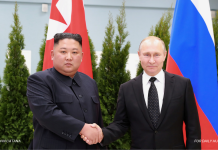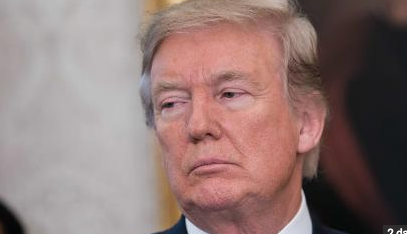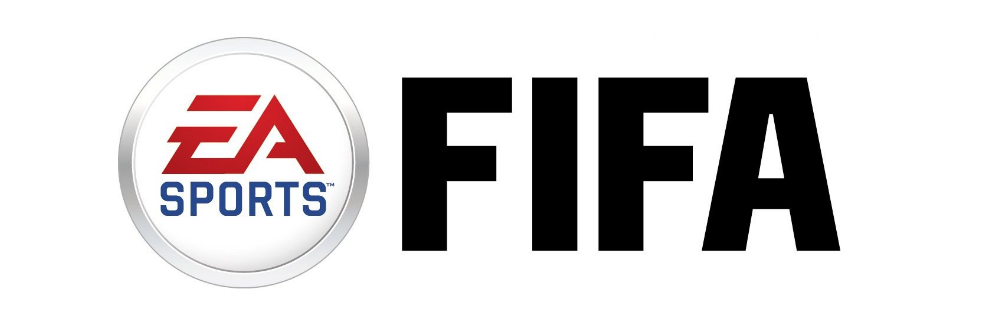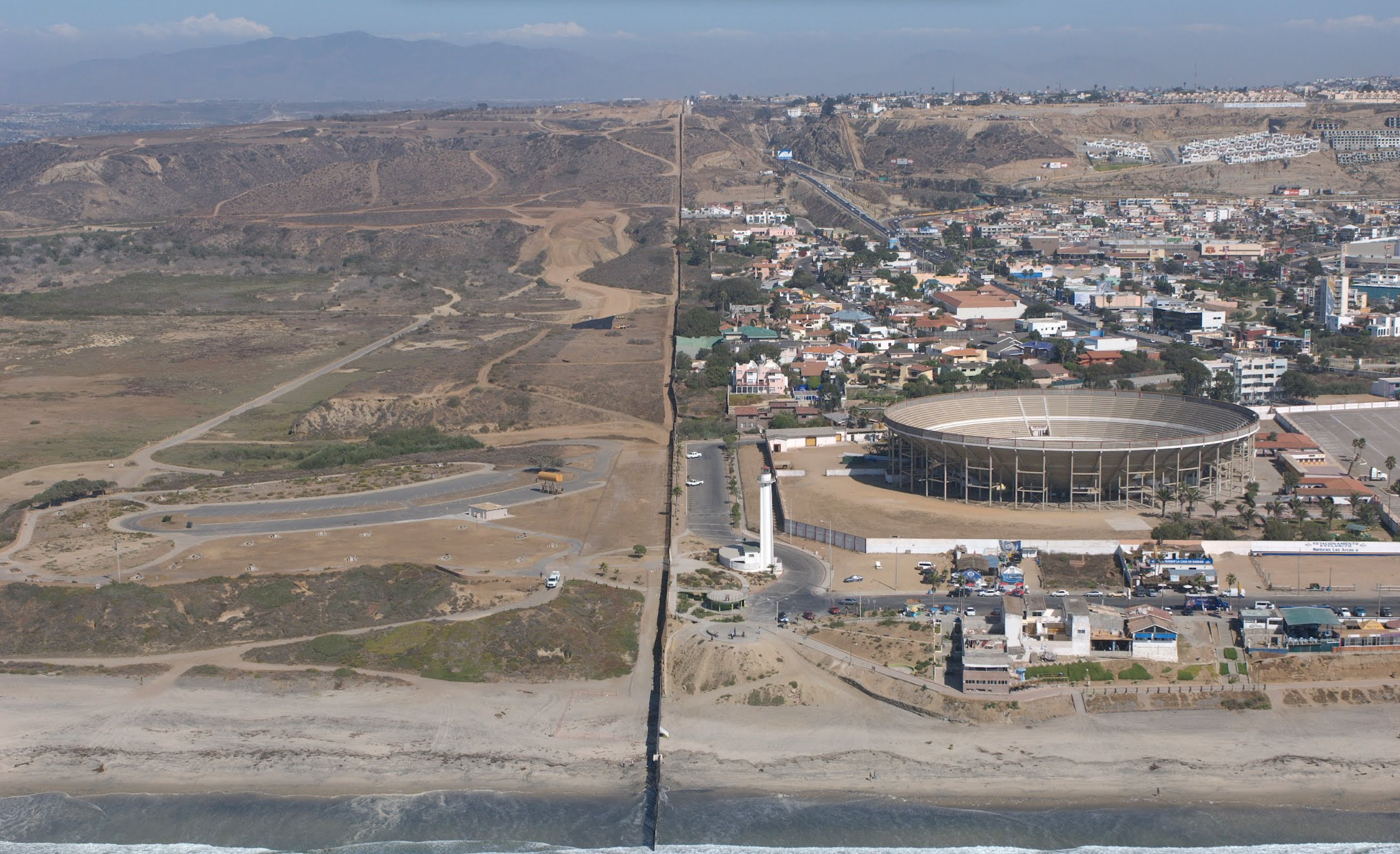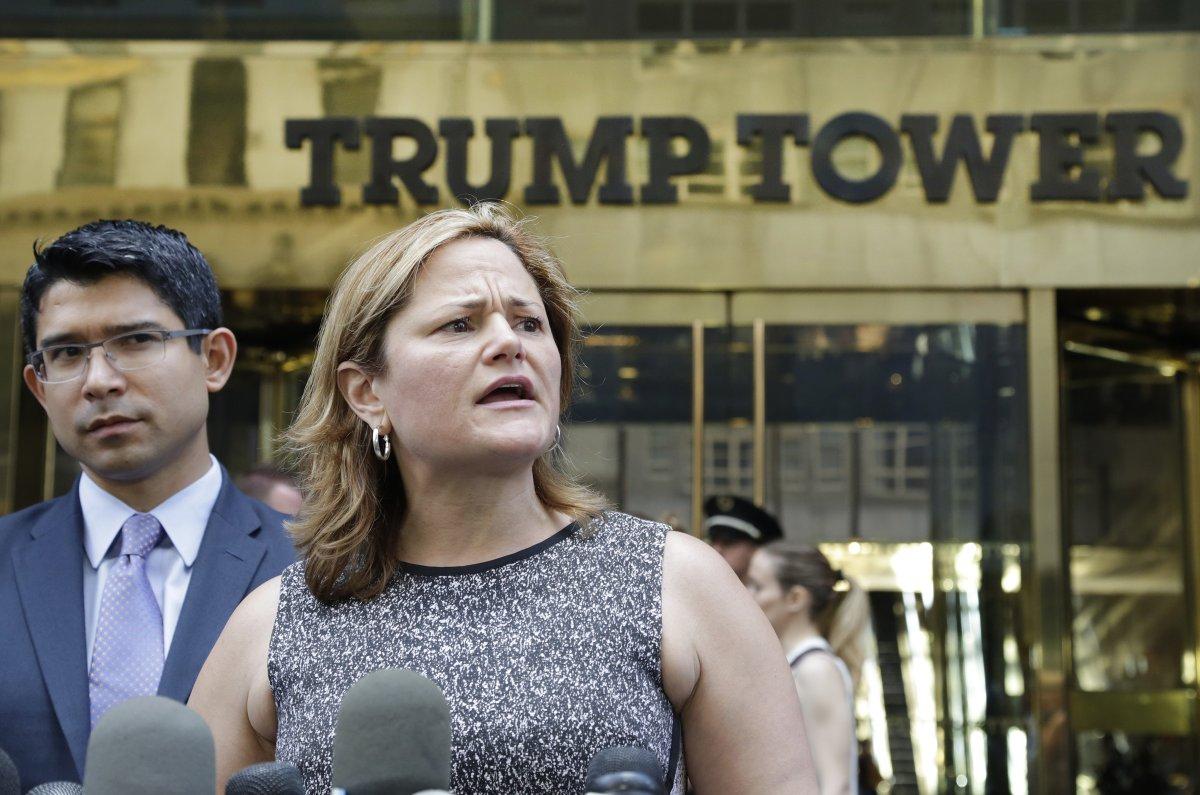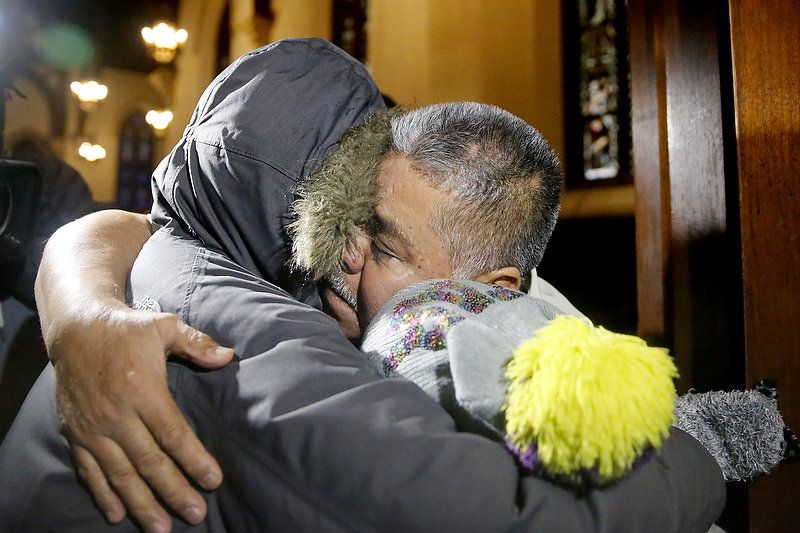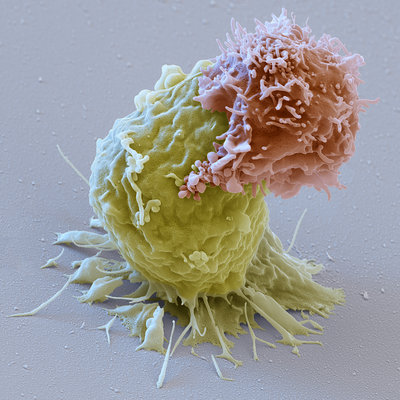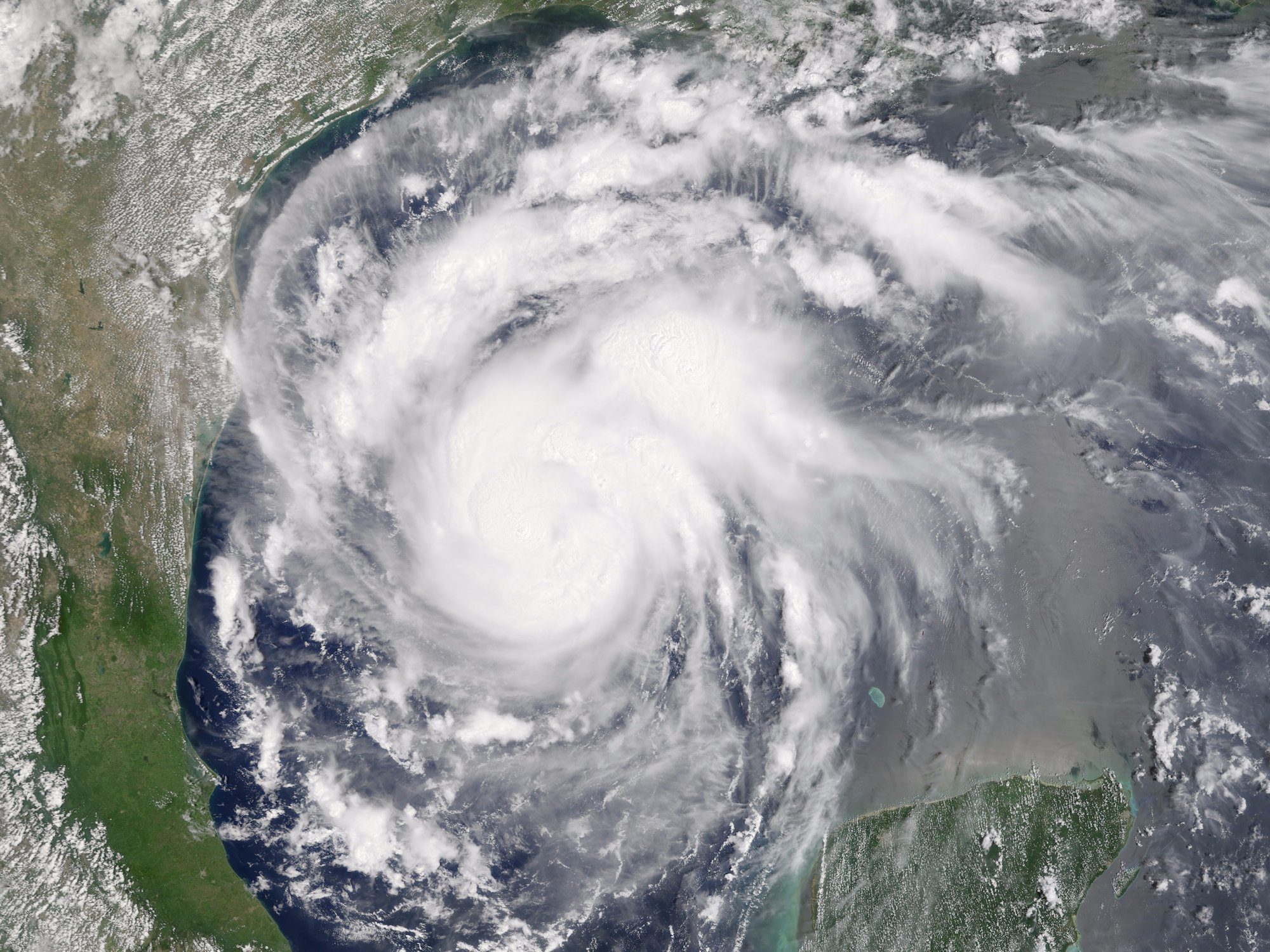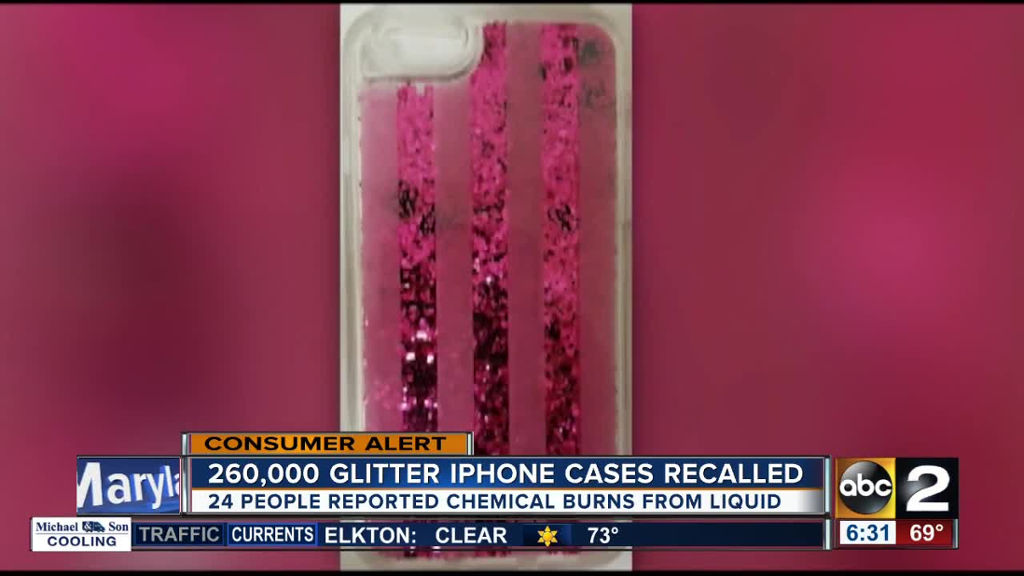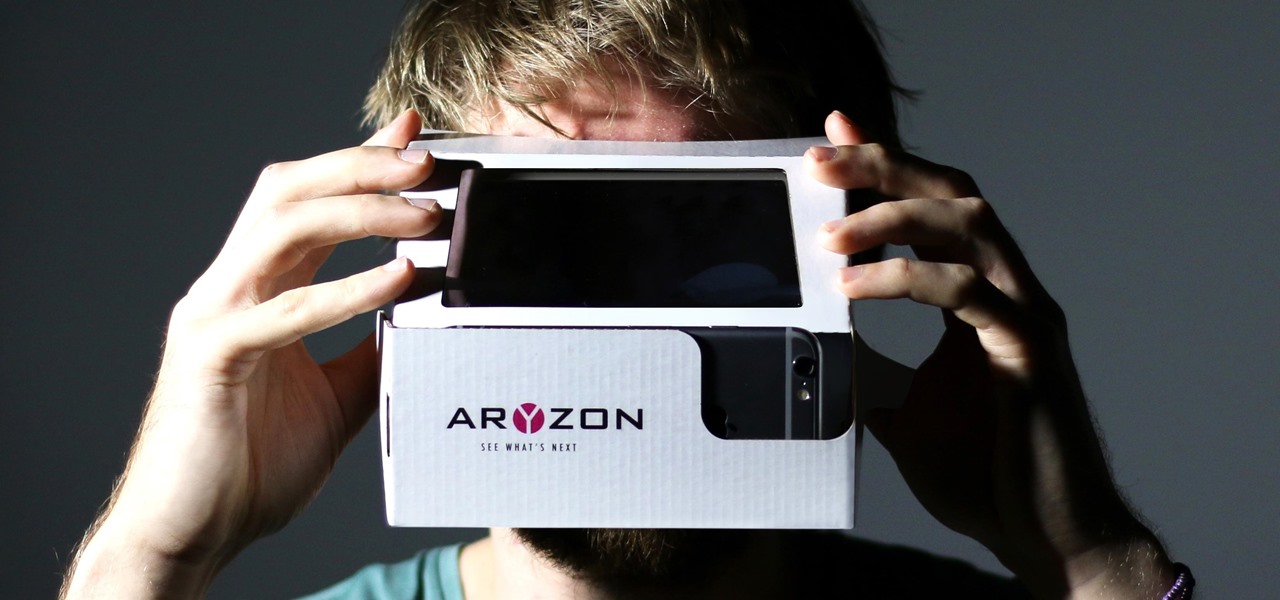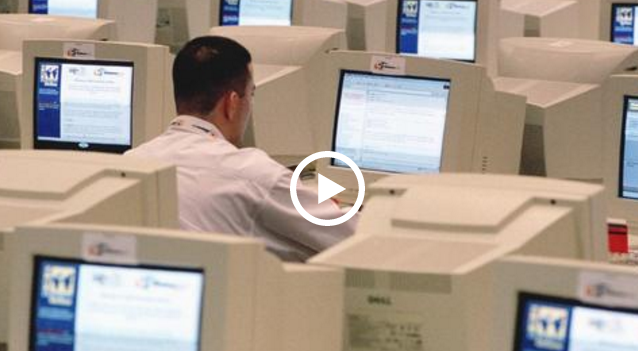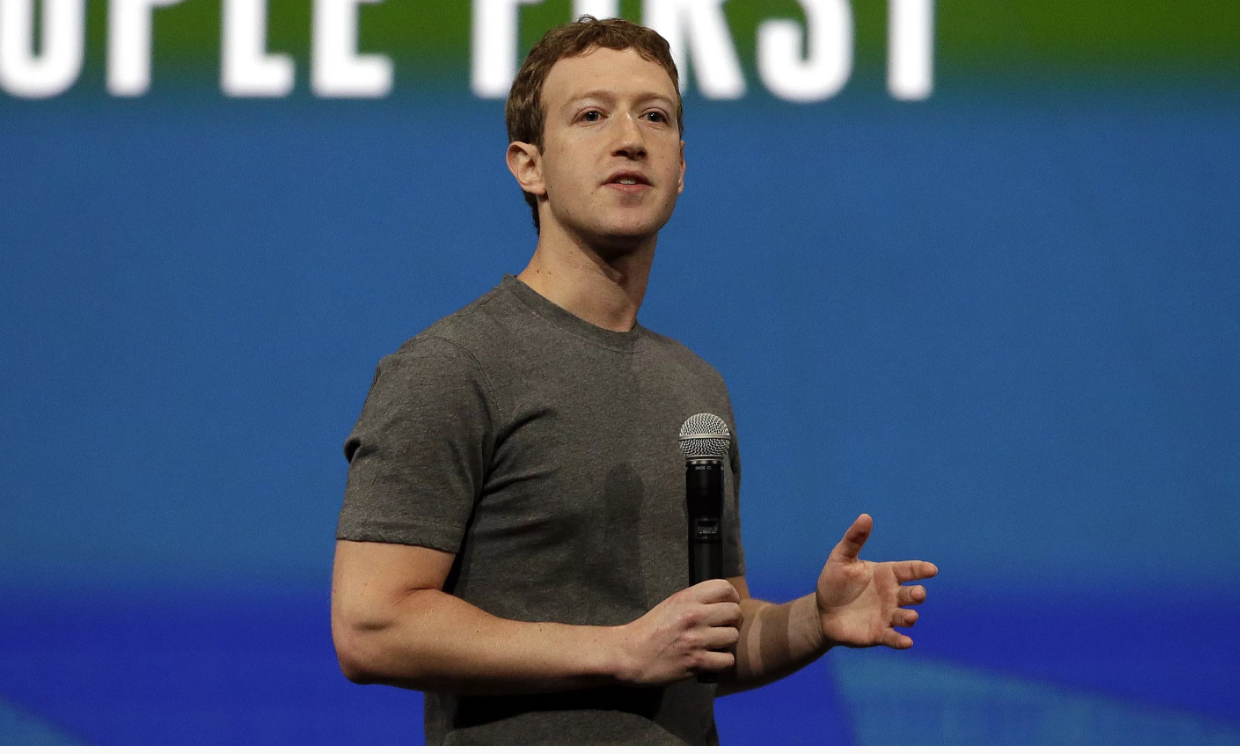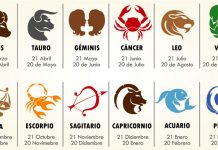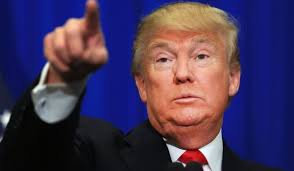To date, the only public utterance from the White House on the Comey memo story is a statement late Tuesday night attributed to an anonymous White House official. “While the President has repeatedly expressed his view that General (Michael) Flynn is a decent man who served and protected our country, the President has never asked Mr. Comey or anyone else to end any investigation, including any investigation involving General Flynn,” said the official. “The President has the utmost respect for our law enforcement agencies, and all investigations. This is not a truthful or accurate portrayal of the conversation between the President and Mr. Comey.”
There was some expectation that Trump might speak with reporters — or White House press secretary Sean Spicer might hold an off-camera briefing — during this morning’s trip to Connecticut for the president’s commencement speech at the Coast Guard Academy. Neither did. (Reports suggested that Spicer would hold an off-camera briefing on the flight back.)
Trump did say during his address to the graduates that he’s been treated poorly by the media, but he did not come close to directly answering the reports about Comey’s memo.
“Look at the way I have been treated lately, especially by the media,” he said. “No politician in history, and I say this with great surety, has been treated worse and more unfairly. You can’t let them get you down, you can’t let the critics and the naysayers get in the way of your dreams.”
The White House will speak out further on all of this. Likely by this afternoon. They can’t afford not to.
But it is telling that a president and a White House known for its rapid response to, well, everything, has clammed up in the face of the possibility of the existence of a contemporaneous memo from the then FBI director detailing a meeting in which Trump asked him to end an ongoing federal investigation.
Contrast that silence with how the White House responded to the Washington Post report on Monday that Trump had divulged top secret classified information to Russian Foreign Minister Sergey Lavrov and Russian Ambassador Sergey Kislyak in an Oval Office meeting.
National security adviser H.R. McMaster immediately emerged from the White House to address — if not actually knock down — the story. McMaster kept up that drumbeat through Tuesday — and was joined in that cause by Spicer as well as a number of Congressional Republicans.
Big difference, right?
So, why the silence?
The most obvious explanation is that Trump and his team grasp the gravity of the charges outlined in the reporting by the New York Times and CNN, and are taking their time to consult with the White House counsel and others before replying. After all, it’s now a certainty that Comey will be called to testify before Congress (and will do so). And that the memo — assuming it exists — from the Feb. 14 meeting between Comey and Trump, as well any other memos Comey wrote about Trump, are going to be released too. If Trump is taping conversations in the White House — as he floated in a tweet last Friday morning — then those may well come out as well.
The point is: What the White House chooses to say next will be compared against lots of evidence that is going to emerge over the summer. And if the White House statement is found to be wanting in any way, shape or form, it will make an already-dangerous situation for this president and this White House even worse.
It’s also, of course, possible that Trump’s discipline over the last 20+ hours is just a temporary condition. That, at some time this afternoon or tonight, he will use Twitter to lash into his critics, to bash Comey and to insist that everything is fake news.
But, at the moment, Trump — and his White House — are silent. And that silence says a lot.


